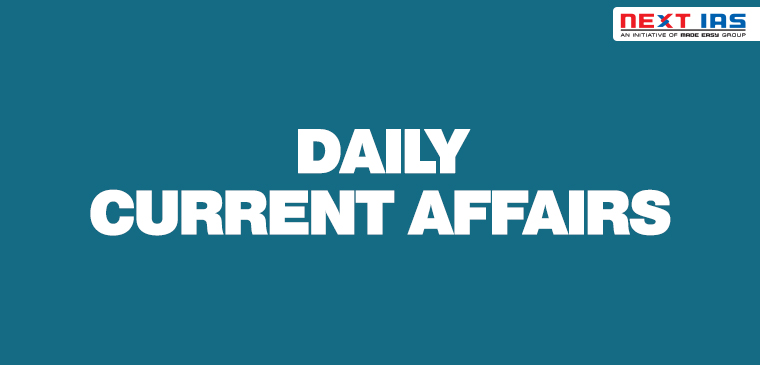
In News
Recently, the Goods and Services Tax (GST) Council has met after a gap of seven months due to the budget session and assembly elections.
- The GST Council met for the first time in the financial year 2021-22 and the last meeting was held in October 2020.
Major Decisions
- Exemptions on Covid-related Supplies
- It has decided to exempt Integrated GST (IGST) on import of free Covid-related supplies till 31st August.
- It has also decided to put Amphotericin B (a key medicine for the treatment of black fungus), in the list of items exempted from IGST.
- A Group of Ministers (GoM) will be formed to examine the need for further reductions and decide on any new rates in exemptions.
- Following the severe impact of the second wave of Covid-19 pandemic across the country during the past two months, many states had sought a reduction in GST rates on essential Covid-19 materials including key medicines, medical devices, vaccines and services.
- Inverted Duty
- Like 2020, the Council felt that this is not the appropriate time for a correction in inverted duty, so it remains the same.
- It refers to a situation where the rate of tax on inputs purchased (i.e.GST rate paid on inputs received) is more than the rate of tax on outward supplies (i.e. GST rate payable on sales).
- In the pre-GST regime, a situation of an inverted duty structure arose in cases where import duty on raw materials that were used in the production of finished goods was higher than the import duty on finished goods itself.
- GST Amnesty Scheme
- It is likely to benefit around 89 per cent of GST taxpayers who can file pending returns, avail benefits of the scheme, with reduced late fees.
- It has been recommended for reducing late fees and will provide relief to small taxpayers.
- Rationalisation of Late Fees
- The maximum amount of late fee has been reduced and it will come into effect from future tax periods.
- This will provide long-term relief for small GST taxpayers.
- Annual Return Filing
- It will continue to be optional for 2020-21, for the small taxpayers with turnover less than Rs. 2 crore.
- The reconciliation statements for 2020-21 need to be furnished by the taxpayers with a turnover of Rs. 5 crore or more.
- Annual return filing has been simplified and the Council has recommended amending the Central Goods & Services Tax (CGST) Act 2017 to allow for self-certification of reconciliation statements, instead of getting it certified by Chartered Accountants.
- The Law Committee will look into issues involving Quarterly Return Filing and Quarterly Payment and the modalities will be worked out.
- GST Compensation Cess
- The same formula as 2020 is to be adopted this year as well.
- The rough estimate is that the centre will have to borrow Rs 1.58 lakh crore and pass it on to states.
- A special session of the GST Council will be held to discuss extending paying compensation to states beyond 2022.
Goods and Service Tax
GST Council
GST Compensation Cess
|
Source: IE
Previous article
World Neglected Tropical Diseases Day
Next article
Facts in News